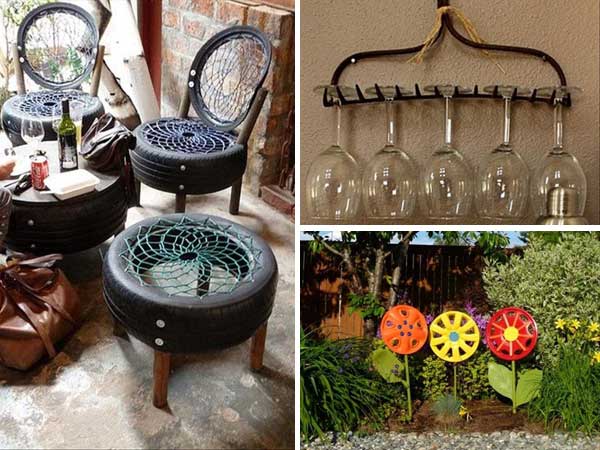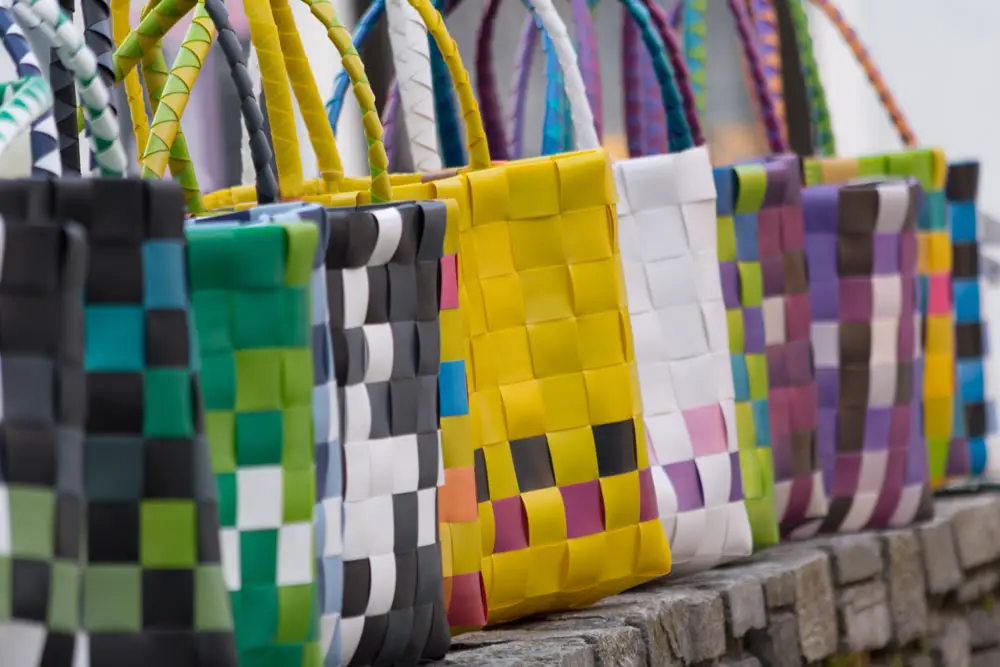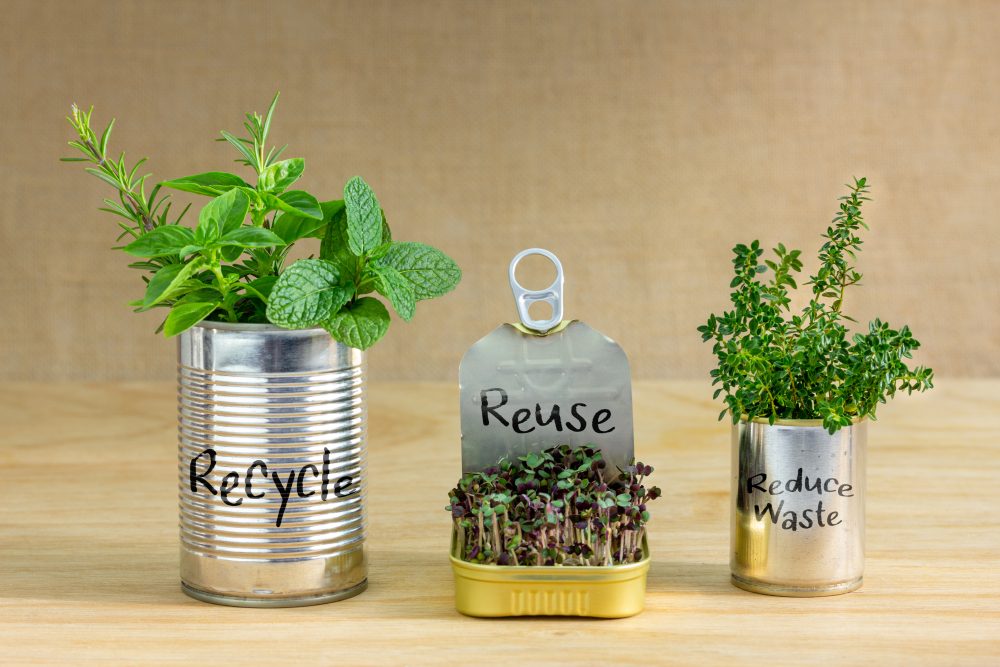Transforming Trash into Treasure: A Comprehensive Guide to Upcycling and Recycling
Related Articles: Transforming Trash into Treasure: A Comprehensive Guide to Upcycling and Recycling
Introduction
In this auspicious occasion, we are delighted to delve into the intriguing topic related to Transforming Trash into Treasure: A Comprehensive Guide to Upcycling and Recycling. Let’s weave interesting information and offer fresh perspectives to the readers.
Table of Content
Transforming Trash into Treasure: A Comprehensive Guide to Upcycling and Recycling

In an era marked by environmental concerns and resource depletion, the concept of waste management has taken center stage. The traditional approach of discarding unwanted materials has become increasingly unsustainable, leading to a global shift towards responsible disposal and resource recovery. One powerful avenue for achieving this shift lies in the practice of upcycling and recycling, collectively known as "best out of waste."
This comprehensive guide delves into the intricacies of these practices, outlining their significance, benefits, and practical applications. It aims to provide a clear and informative understanding of how individuals and communities can transform discarded materials into valuable resources, contributing to a more sustainable future.
Understanding the Waste Crisis
The global waste crisis is a complex issue with far-reaching consequences. The sheer volume of waste generated by human activities is staggering, placing immense strain on landfills, polluting ecosystems, and contributing to climate change. Landfills are overflowing, releasing harmful greenhouse gases, and contaminating groundwater. The disposal of plastic waste, in particular, poses a significant threat to marine life and ecosystems.
The Power of Upcycling and Recycling
Upcycling and recycling offer a powerful solution to the waste crisis, promoting a circular economy that prioritizes resource conservation and reuse. Upcycling involves transforming waste materials into products of higher quality and value, extending their lifespan and reducing the need for new resources. Recycling, on the other hand, involves processing used materials to create new products, minimizing the consumption of virgin resources.
Benefits of Upcycling and Recycling
The benefits of embracing these practices are manifold:
- Environmental Protection: Reducing landfill waste, mitigating greenhouse gas emissions, and minimizing pollution are key environmental benefits. Upcycling and recycling help conserve natural resources, reducing the need for extraction and processing of raw materials.
- Resource Conservation: By repurposing existing materials, upcycling and recycling contribute to resource conservation, ensuring that valuable materials are not lost to landfills. This practice plays a crucial role in preserving finite resources for future generations.
- Economic Benefits: Upcycling and recycling can create new industries and employment opportunities, fostering economic growth and sustainability.
- Social Impact: Promoting these practices can empower communities, fostering a sense of responsibility and collective action towards environmental stewardship.
Easy Ways to Embrace Best Out of Waste
Implementing best out of waste practices can be as simple as changing everyday habits and adopting creative solutions:
1. Composting: Transforming organic waste like food scraps and yard waste into nutrient-rich compost for gardens and plants is an effective way to reduce waste and improve soil health.
2. Repurposing: Giving old items a new life through creative repurposing is a simple yet impactful practice. Turn old jars into storage containers, use old clothing for crafting projects, or transform discarded furniture into unique pieces.
3. DIY Projects: Embracing DIY projects using recycled materials allows for the creation of personalized and functional items, reducing reliance on mass-produced products.
4. Recycling: Properly sorting and disposing of recyclable materials like paper, plastic, glass, and metal is crucial for ensuring their effective processing and reuse.
5. Buying Recycled Products: Choosing products made from recycled materials supports sustainable practices and reduces the demand for virgin resources.
6. Reducing Consumption: Minimizing unnecessary purchases and opting for durable, reusable items significantly reduces the amount of waste generated.
7. Community Initiatives: Participating in community initiatives like waste collection drives, upcycling workshops, and recycling programs strengthens collective efforts towards sustainable waste management.
FAQs on Best Out of Waste
1. What is the difference between recycling and upcycling?
Recycling involves processing used materials into new products, while upcycling transforms waste into items of higher quality and value. Recycling focuses on material recovery, while upcycling emphasizes creative reuse and value enhancement.
2. Why is it important to sort waste before recycling?
Sorting waste ensures that recyclable materials are properly processed and reused. Contaminated materials can compromise the recycling process, making it less effective and potentially polluting.
3. Can all types of waste be recycled?
Not all types of waste are recyclable. Some materials like food scraps, certain types of plastic, and hazardous waste require specific disposal methods. It is essential to consult local guidelines for proper waste disposal.
4. What are some common upcycling projects?
Common upcycling projects include transforming old tires into planters, turning discarded pallets into furniture, and using old clothes to create bags or quilts.
5. How can I find resources for learning about upcycling and recycling?
Numerous online resources, workshops, and community organizations provide information and guidance on best out of waste practices. Local recycling centers and environmental organizations can offer valuable insights and support.
Tips for Effective Waste Management
- Reduce, Reuse, Recycle: Prioritize reducing consumption, reusing existing items, and recycling materials whenever possible.
- Educate Yourself: Stay informed about local waste management guidelines and recycling regulations.
- Support Sustainable Businesses: Choose businesses that prioritize sustainability and responsible waste management practices.
- Spread the Word: Encourage friends, family, and colleagues to adopt best out of waste practices.
- Be Creative: Embrace innovative solutions and explore creative ways to repurpose and upcycle waste materials.
Conclusion: Embracing a Sustainable Future
The adoption of best out of waste practices is not merely a trend; it is a necessity for ensuring a sustainable future. By embracing upcycling and recycling, we can reduce our environmental footprint, conserve resources, and create a more equitable and resilient society. The transformation of waste into valuable resources is a powerful testament to human ingenuity and a commitment to a greener future. It is through collective action and a shared sense of responsibility that we can achieve a world where waste is no longer a burden but a source of opportunity and innovation.








Closure
Thus, we hope this article has provided valuable insights into Transforming Trash into Treasure: A Comprehensive Guide to Upcycling and Recycling. We thank you for taking the time to read this article. See you in our next article!